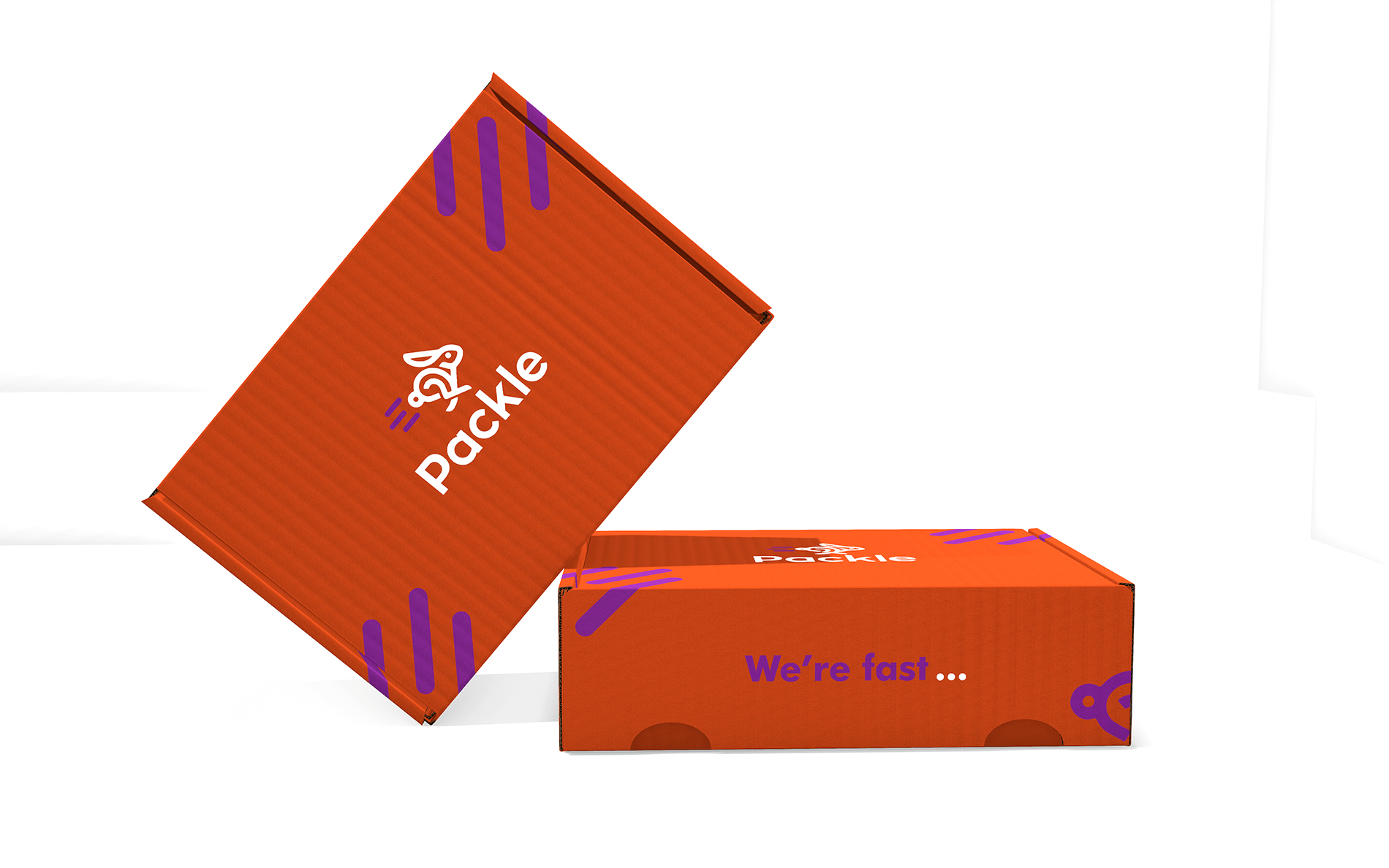Packaging in times of recession
2020 has seen a turbulent economy, with some sectors winning considerable new business and other sectors losing out.
Looking forward, brands are expecting more economic headwinds, and potentially a recession as the economy contracts as a result of the Coronavirus pandemic and social distancing. While recessions are always challenging, are they all gloom, or is there also opportunity? Wendy Cross, Rosa Lin and Lindsey Barbee from AR Metallizing explore what might be next for the packaging industry.

Online shopping
One of the most significant shifts we've seen in 2020 is the rise in online shopping and e-commerce. Consumers are shopping from the comfort of their homes as they look to spend less time in brick and mortar stores.

'Regardless of what's happening to the economy so far in 2020, online spending has increased and presumedly will stay that way. Brands appreciate the increase in online shopping when other options are still questionable. Still, many brands are feeling a disconnect from their customers who are only enjoying a brand experience through the website interface. Extending the online branding experience to delivery and unboxing will likely be a priority. Printers and converters that can offer fixed solutions for folding carton, shipping, and subscription boxes may well see increased demand. This is good news for supply chain partners that offer litho lamination solutions,' explains Wendy Cross, New Business Development Director, AR Metallizing.
Redefining quality through packaging
In times of economic uncertainty and recessions, a natural consumer reaction is to reassess spending. Already we've seen a shift in consumption with consumers spending less or looking for affordable alternatives instead of regular or impulsive purchases.
While heritage luxury brands survived the 2008 financial crisis relatively unscathed, the overall luxury products market still took a considerable hit and was ultimately transformed. Coupled with a global pandemic, a 2020 recession would be just as damaging, if not more, to luxury’s prospects. Despite the everlasting image heritage luxury brands maintained, shoppers are more price sensitive and took discounts for granted. It’s in brand owner’s hands to reposition themselves in the market from pricing, product diversification and packaging perspectives.

'During a recession, consumers set stricter priorities and reduce their unnecessary spending.
The slam-on-the-brakes segment of consumers are more likely to swap out brands that they have been loyal to for a while in search of alternatives. Any time we see large numbers of consumers looking to consider new products and new brands, we do see valuable opportunities for brands that are positioned to capitalize on them,' says Rosa Lin, Sales Manager, AR Metallizing.
Beauty, cosmetics and hygiene products show what this trend could look like in reality. For example, where a consumer might have once only brought their face cream at a specialist store, today we might see them consider an alternative version they can get from an online retailer, at the grocery or drugstore. They will actively be on the lookout for packaging and ingredients that reinforce the perception of high quality and a luxurious product. In these cases, packaging that supports this image and has shelf appeal will still come out on top.

'In this respect, opportunity remains for brands to gain new market share through their packaging. Especially in beauty and cosmetics where packaging is utilized to communicate with their clients. Brand owners utilize packaging to show they use high quality ingredients or commitments to their consumers. Symbols are utilized to validate that products are produced cruelty free or contain sustainable packaging. Great packaging will persuade consumers to purchase if the design and look speak to them and reinforce the idea of a quality product,' says Lindsey Barbee, National Account Manager, AR Metallizing.
High-end luxury
Recessions usually mean cutting back, but for some, there will be little or no impact on their daily lifestyles.
'While there are some that won't change their buying habits, we're still likely to see consumer spending slow down. During a challenging economy people tend to assess their purchases, even if they will commit to making the purchase eventually. What this means is that packaging has to work harder and reinforce the feel-good and emotional value behind any high-end purchase,' says Wendy Cross.
Contact us
We'd love to hear from you if you have questions, comments or if you'd like to head more of our industry insights. Drop us a note if we can help